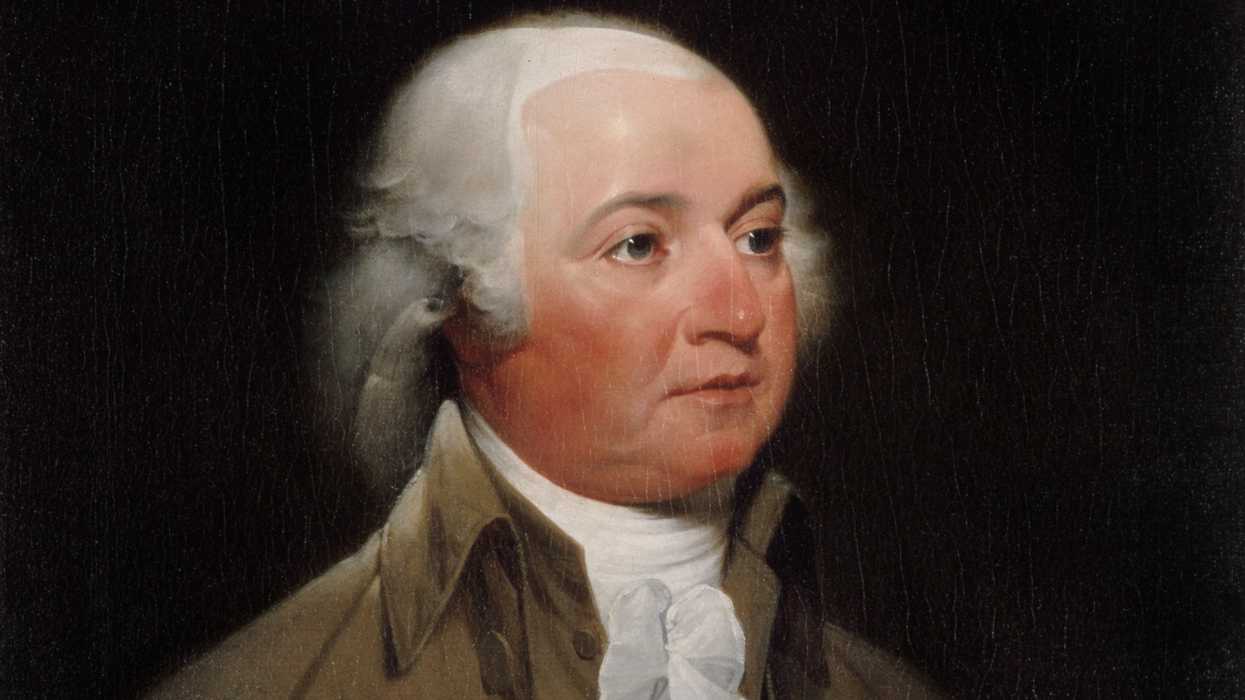The new chairwoman of the Federal Election Commission says the agency is going to stop defending itself when sued for inadequately policing campaign financing.
The order to FEC lawyers from Democrat Ellen Weintraub, a commissioner for 16 years who took the gavel in January, is a backdoor attempt to enhance enforcement of political donation disclosure rules at a time when the agency is in an extended period of deadlock. (Only four of the six seats on the FEC are filled – two Republicans, an independent and Weintraub – and it takes four votes for almost any action.)
If her colleagues "are not going to vote to enforce the law, I'm not going to pull any punches and I'm not going to be shy about calling them out," Weintraub told Mother Jones. "And if we get sued, that requires four votes to defend those kinds of lawsuits ... I'm not going to authorize the use of agency resources to defend that litigation."
Four campaign finance lawyers, including three who used to work at the FEC, told the magazine the move was unprecedented and had the potential to reshape the campaign finance system, depending on how the courts react.



















